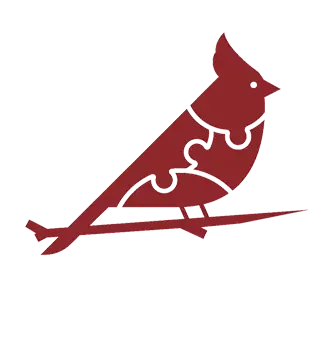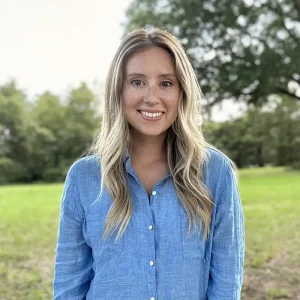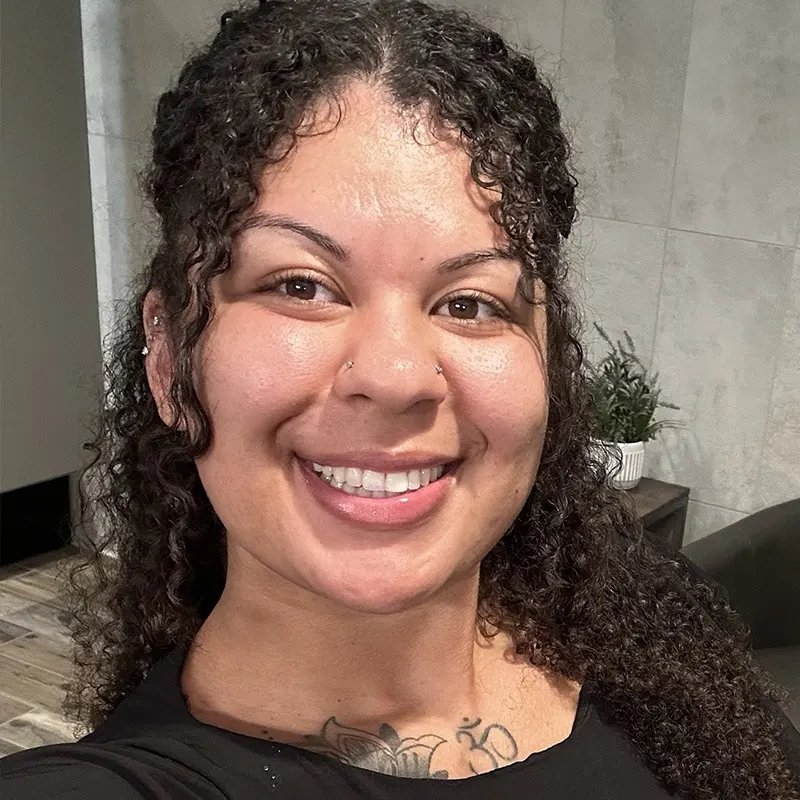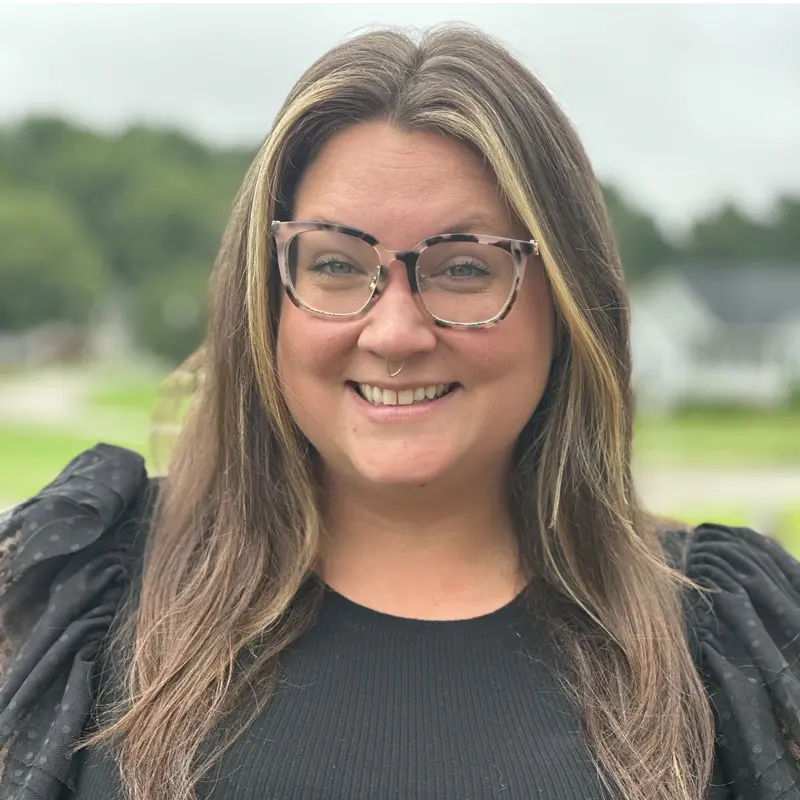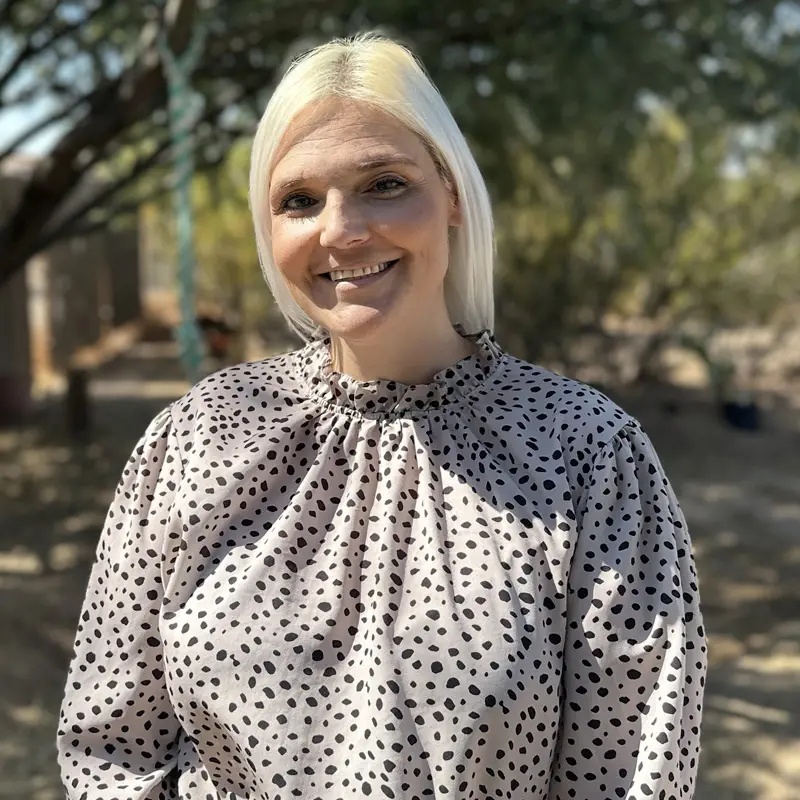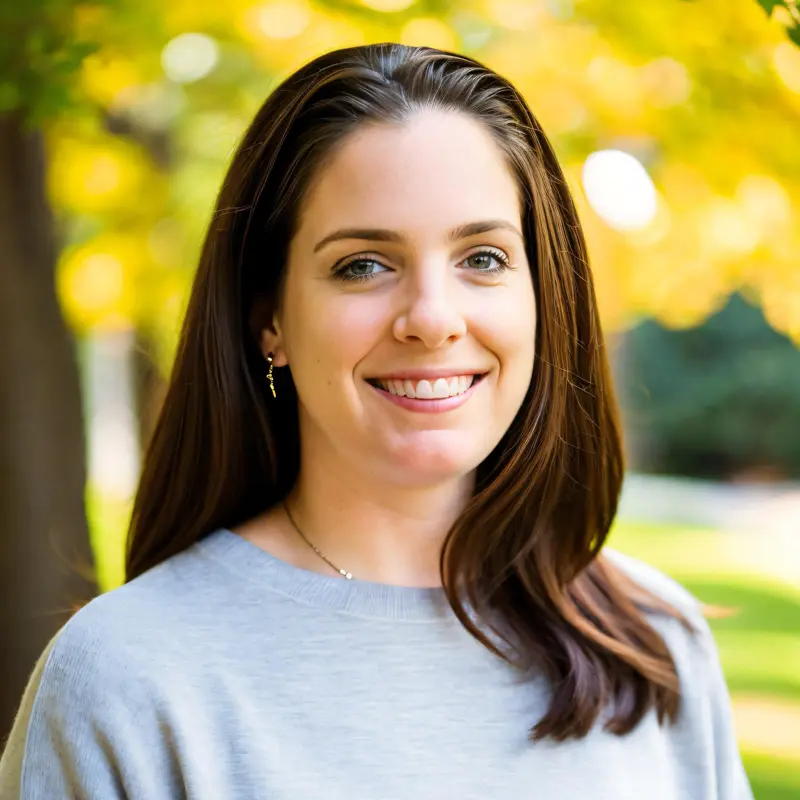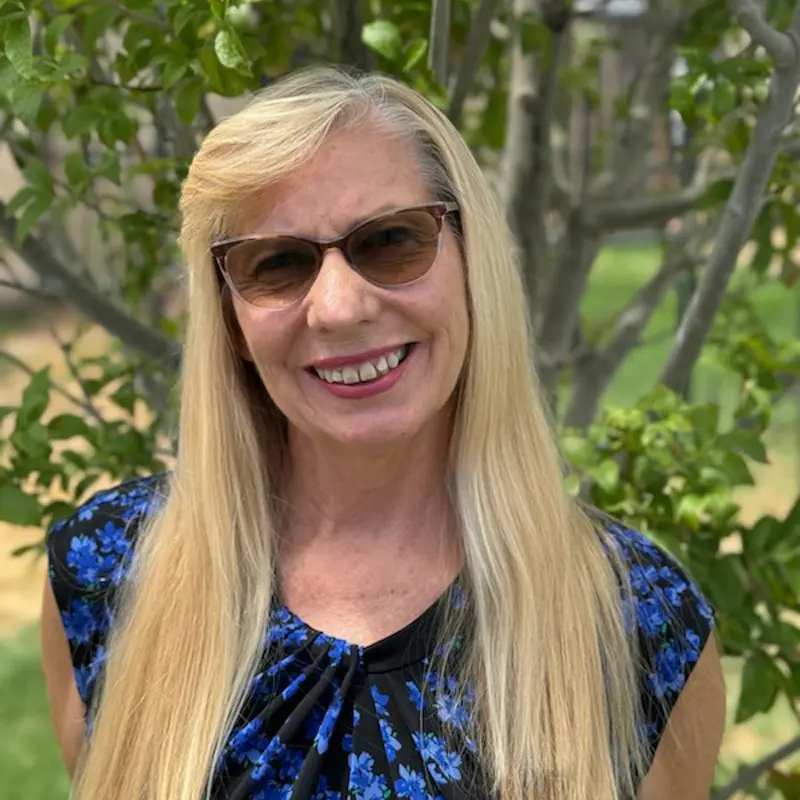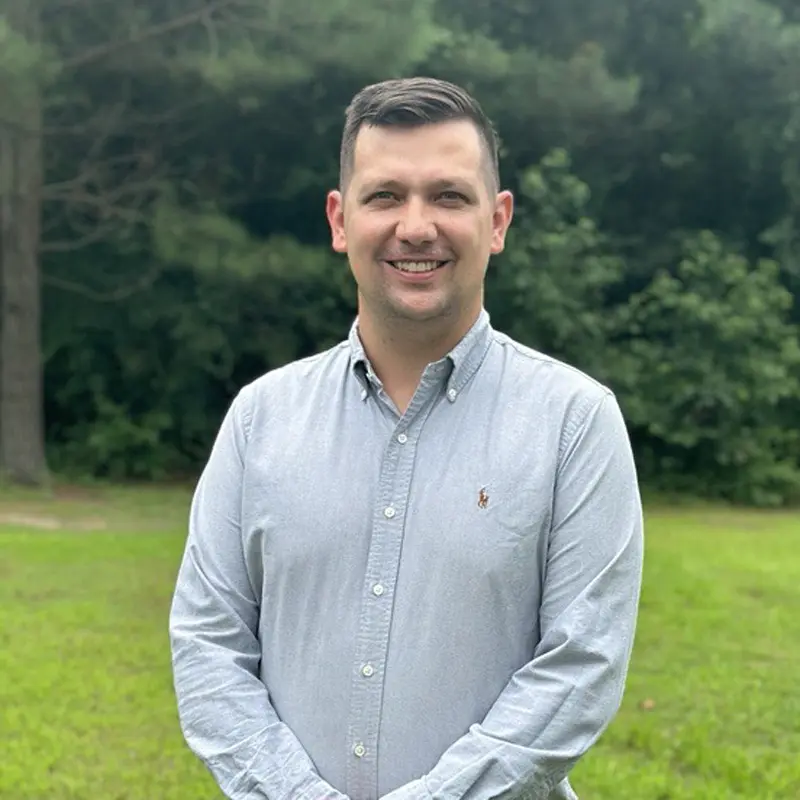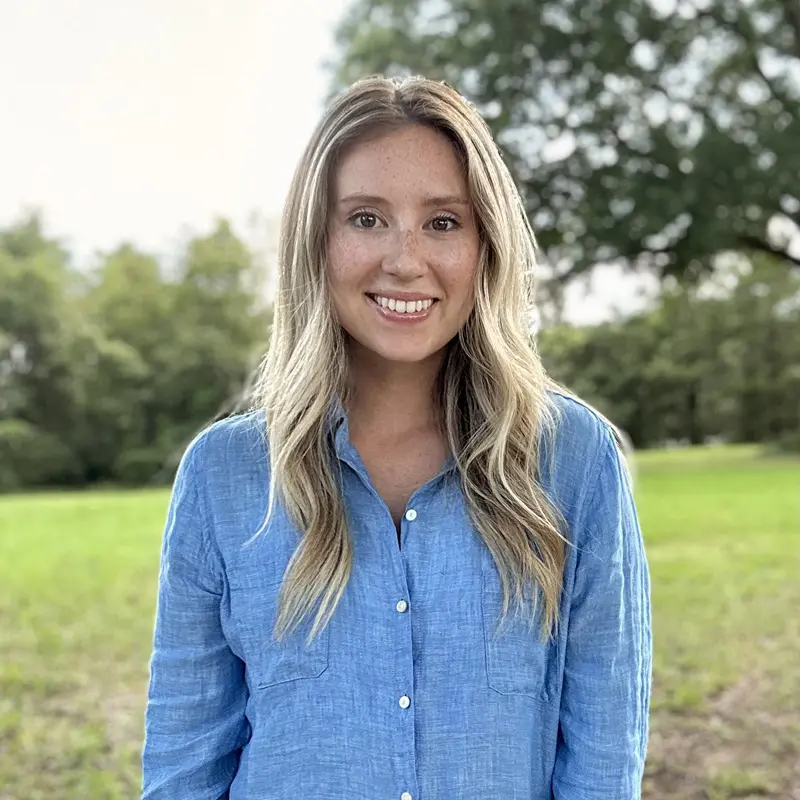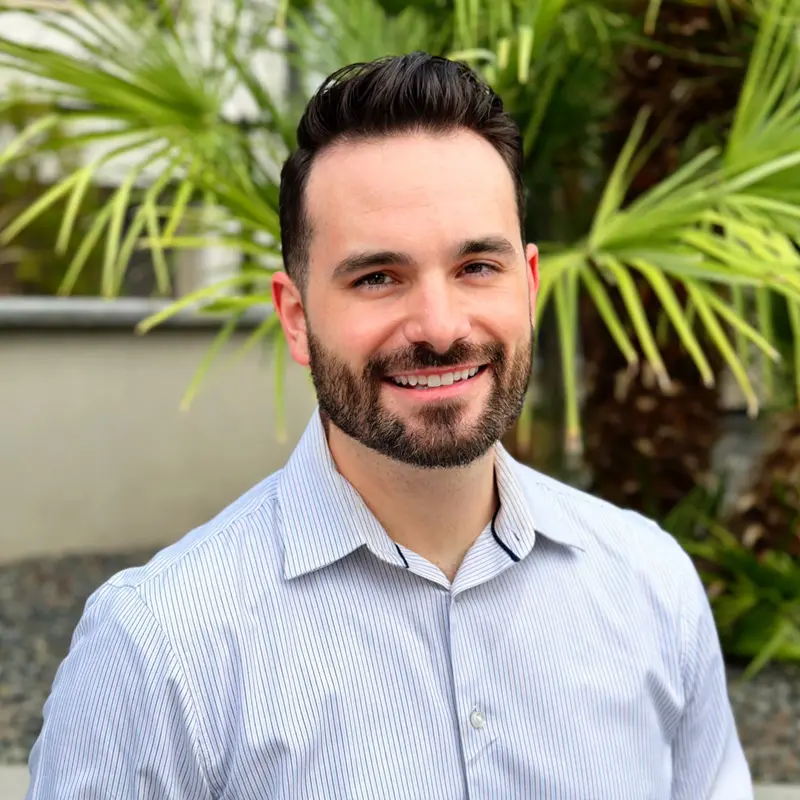Selecting the right toys for children with autism can significantly enhance their developmental progress, engagement, and comfort.
Sensory toys specifically cater to the unique sensory needs common among autistic children, providing therapeutic benefits that support their growth and well-being.
At Cardinal Pediatric Therapies, we understand the importance of selecting appropriate sensory tools. In this comprehensive guide, we’ll explore some of the best sensory toys for autism, offering insights into their benefits and how they can effectively support your child’s development.
Why Sensory Toys Matter for Autism
Children with autism often experience sensory sensitivities or sensory-seeking behaviors. Sensory toys can:
- Improve sensory integration and processing
- Enhance fine and gross motor skills
- Provide calming effects and reduce anxiety
- Boost focus and attention
- Encourage communication and social interactions
Choosing suitable sensory toys can transform playtime into productive therapy sessions.
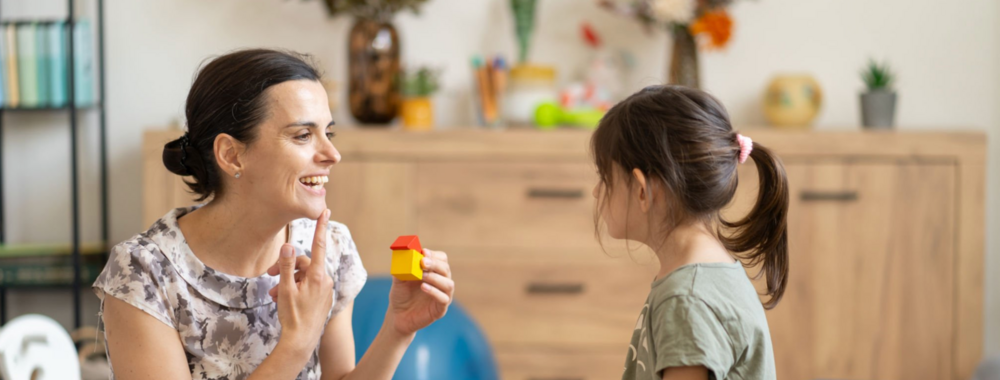
Types of Sensory Toys and Top Recommendations
Here’s a careful list of sensory toys recommended for children with autism, each chosen for specific therapeutic benefits:
1. Fidget Toys
Fidget toys help manage anxiety and improve concentration by providing tactile input.
- Pop-It Fidget Toys: Encourage repetitive pressing actions to soothe anxiety and enhance fine motor skills.
- Fidget Spinners: Aid in calming and improving concentration through repetitive spinning motions.
- Stress Balls: Excellent for grip strength and tactile stimulation, helping to reduce anxiety levels.
2. Sensory Chew Toys
Chew toys are perfect for children with oral sensory-seeking behaviors.
- Chewelry Necklaces: Safe, durable necklaces designed for chewing, offering discreet oral sensory relief.
- Chewy Tubes: Enhance oral motor skills and provide necessary sensory input safely.
3. Weighted Toys and Blankets
Weighted items offer deep pressure stimulation, beneficial for calming and sensory integration.
- Weighted Stuffed Animals: Provide comfort and sensory grounding, aiding relaxation.
- Weighted Blankets: Help children feel secure and reduce sensory overload, promoting restful sleep.
4. Visual Sensory Toys
These toys stimulate visual tracking, attention, and engagement.
- Liquid Motion Bubblers: Visually calming, promoting concentration and visual tracking.
- Fiber Optic Lamps: Offer gentle visual stimulation and help improve visual processing.
5. Tactile Sensory Toys
Tactile toys enhance sensory processing through hands-on interaction.
- Kinetic Sand: Supports creativity, fine motor skills, and tactile exploration without overwhelming the senses.
- Textured Balls: Different textures enhance tactile awareness and fine motor development.
6. Auditory Sensory Toys
Sound-based sensory toys can support auditory processing and attention.
- Rainmaker Toys: Gentle sounds soothe and promote auditory tracking.
- Sound Blocks: Encourage cause-and-effect understanding and auditory processing skills.
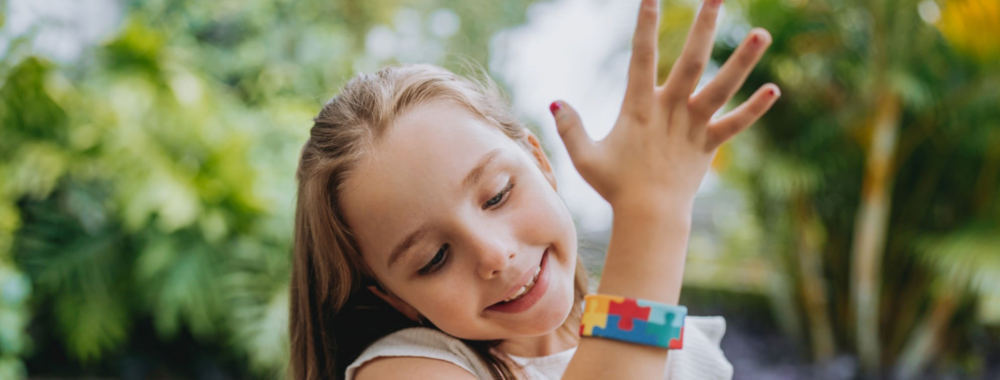
Tips for Choosing Sensory Toys
When selecting sensory toys for autism, consider the following guidelines:
- Safety First: Ensure toys are age-appropriate, non-toxic, and free from choking hazards.
- Personal Preferences: Observe your child’s sensory needs and preferences. Choose toys that align with their unique sensory profile.
- Therapeutic Goals: Select toys that complement specific therapeutic goals such as communication enhancement, fine motor skill improvement, or emotional regulation.
Integrating Sensory Toys into Daily Routines
Incorporating sensory toys effectively into everyday activities can amplify their therapeutic impact:
- Use weighted toys during transitions or bedtime to ease anxiety.
- Introduce fidget toys during tasks requiring sustained attention, such as homework.
- Encourage tactile and visual sensory toys during structured playtime for targeted skill development.
Cardinal Pediatric Therapies Recommendations
At Cardinal Pediatric Therapies, we advocate using sensory toys as part of a broader, individualized therapy plan.
Our experienced therapists can guide you in selecting and integrating sensory toys effectively into your child’s daily life, ensuring optimal developmental benefits.
Frequently Asked Questions
Are sensory toys beneficial for all autistic children?
Most children with autism can benefit from sensory toys, but preferences and needs vary individually. Observing your child’s responses helps determine suitability.
Can sensory toys help reduce meltdowns?
Yes, sensory toys can help manage sensory overload, reducing meltdowns by providing calming stimuli and grounding sensations.
At what age should sensory toys be introduced?
Sensory toys can be beneficial at any age, but early introduction can significantly support developmental growth and sensory processing skills.
Are sensory toys safe for everyday use?
Yes, when selected appropriately for age, material, and durability, sensory toys are safe and recommended for daily therapeutic use.
Conclusion
Choosing the best sensory toys for autism can profoundly impact your child’s developmental journey, offering both therapeutic and engaging experiences.
Cardinal Pediatric Therapies is dedicated to supporting families in making informed, effective decisions to nurture every child’s developmental potential.

